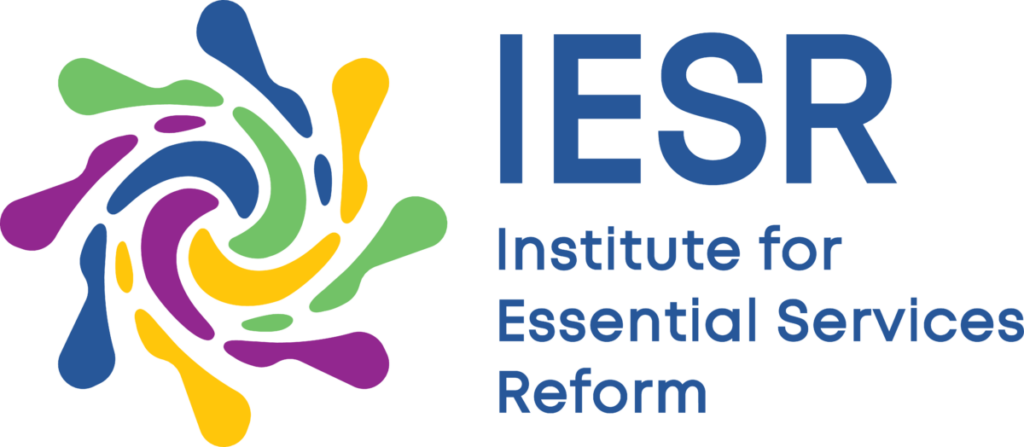Background
Institute for Essential Services Reform (IESR), a think tank based in Jakarta, Indonesia, has been working intensively to promote the acceleration of low carbon energy transition in Indonesia, through evidence-based policy advocacy. For the past 10 years, IESR also has been contributing significantly to promote energy transition discourse in Indonesia and has been working with national and local governments, associations, and civil society organizations to strengthen clean energy deployment in Indonesia.
Bali has set an ambitious vision to achieve Net Zero Emissions by 2045, ahead of Indonesia’s national target of 2060. In recent years, Bali’s government and stakeholders have introduced policies to support clean energy proved by Bali Governor Regulation Number 45 of 2019 regulates Clean Energy in Bali. With this target in place, Bali is taking the initiative to translate its regional development mission, which is environmentally oriented, while simultaneously enhancing its tourism appeal through the principles of sustainable tourism. One of the benchmarks in establishing the Bali Net Zero Emission (NZE) 2045 roadmap, particularly within the electricity sector, is the level of electrical energy consumption. Data on energy consumption is essential to ascertain electricity demand as well as the community’s electricity usage behavior, enabling an analysis of energy efficiency potentials and strategies. Early efforts to understand and curb emissions focused on the household sector. Pilot programs have monitored residential electricity use for instance, installing smart meters in homes or running community energy-saving campaigns to gather data on how households consume power (lighting, cooling, appliances, etc.). These household monitoring initiatives provided valuable insights into residential energy behavior, such as peak evening usage patterns and the impact of awareness on reducing consumption. However, to meet the Net Zero 2045 goal, attention must expand beyond households to include the business, commercial, and government sectors.
Businesses (from small enterprises to large commercial facilities like hotels and malls) and government institutions (offices, schools, street lighting, etc.) account for a substantial portion of Bali’s energy consumption. Many of Bali’s commercial activities – especially in tourism and hospitality – are energy-intensive (e.g. 24/7 operation of hotels, air conditioning in retail spaces). Yet, unlike the household sector, these segments have not been systematically monitored in past efforts. There is a data gap in understanding how and when businesses and public facilities use energy, and what habits or operational practices drive that consumption.
Proposal Timeline:
Bidders must submit a digital copy of their proposal via email to Program Manager Sustainable Energy Access IESR at citra@iesr.or.id and cc to Muhamad Yudistira at yudistira@iesr.or.id and Laili Asdiyan at laili@iesr.or.id by 12:00 p.m. Indonesian Western Standard Time (WIB, GMT +07) on Tuesday, 16 May 2025. Please include “RFP Response – Monitoring Energy Business and Commercial Sector for Bali Net Zero Emission 2045” in the subject line.
RFP-IESR-Monitoring-Energy-Business-and-Commercial-Sector
Download


